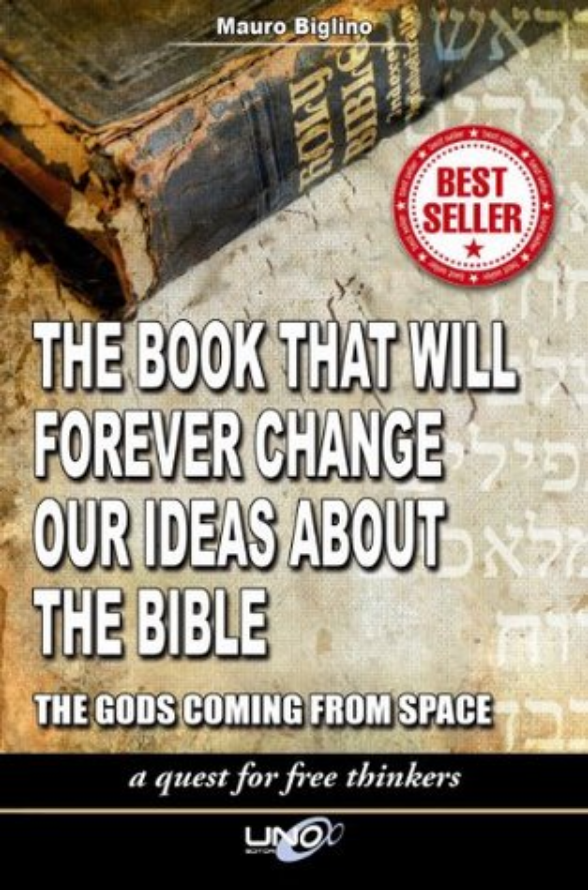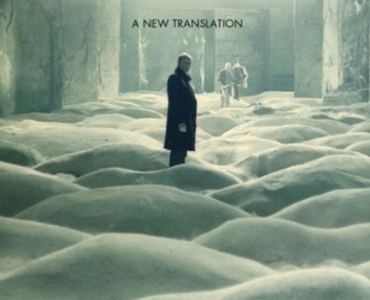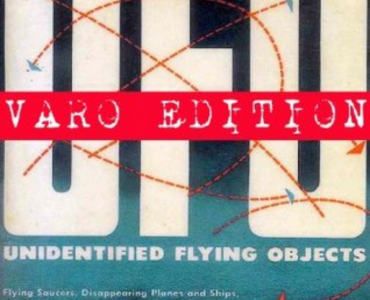Pros
- Fascinating close reading and interpretation of the original text that seems more practical and sensible than modern interpretations
- Includes literal translations and explanations rather than interpretations
- References some modern scientific discoveries and ideas that support author’s claims about the Biblical stories
- Gives some context and perhaps explains some of the historical UFO sightings
Cons
- The absence of conclusive physical evidence is a bit disheartening, unless such evidence exists but is ignored because it doesn’t fit into modern accepted narrative
The Book that Will Forever Change Our Ideas about the Bible Review
The Book that Will Forever Change Our Ideas about the Bible by Mauro Biglino accomplishes what it sets out to do: change the reader’s ideas about not only the purpose of the Bible, but also our very understanding of where we come from. In essence, the Biglino’s claims, that humans were created by aliens from the yet-discovered Planet X as a workforce, upsets established ideas about human origins and identity.
UFOs in the Bible or in antiquity isn’t a new idea. Zecharia Sitchin and Erich von Daniken popularized the idea of aliens in human history long before Ancient Aliens came along. And readers about related subjects have likely read the bestseller Chariots of the Gods.
Where The Book that Will Forever Change Our Ideas about the Bible manages to succeed is to provide a literal translation of the original Hebrew, discussing the context in which the words existed. This etymological approach gives a more truthful reading, provided the translations are indeed accurate.
Biglino claims that the Biblical stories are not, as modern ecclesiastical scholars state, symbolic or metaphorical. And some of those translations that Biglino provides in the book may seem like minute detail, but these minutiae completely change the context of the story.
One that comes to mind is the singular and plural form of the word for god. Biglino claims that modern interpretation has dropped the “s” from word in an attempt to support a monotheistic god. But it’s this seemingly minor change that introduces some discrepancies throughout the Biblical stories.
Biglino’s discussion of the singular versus plural, as well as his explanation of Biblical stories as historical or journalistic records of the time, can really change the perspective readers have regarding the Bible.
Readers who accept the Biblical stories as truth are often asked to suspend disbelief. And where these stories don’t make sense, readers are instead asked to accept the story as allegory or metaphor. But this book takes a more pragmatic approach to the Biblical stories: accept them as journalistic reports of a people who lacked the knowledge and vocabulary to describe events and technologies that were well beyond their understanding.
Even if Biglino’s book were read as a work of fiction, the story would make a lot more sense than the narrative purported by the many church officials. And Biglino’s explanations of the translations, their context, and their significance, all come together to create a more coherent narrative than the translations throughout culture and time have managed.
The author also references some scientific discoveries that may support his claims, like archaeological findings of large, heavy weapons and a minor quote from a geneticist regarding the origins of human DNA. These references, as well as the quotes from some church officials who support intelligent, extraterrestrial life, seem to suggest a movement toward some kind of transformation, whether that’s within the church or society.
Taken alone, Mauro Biglino’s claims in The Book that Will Forever Change Our Ideas about the Bible are fairly difficult to accept. But read in context of other, perhaps more esoteric or fringe works like Forbidden Archeology by Michael Cremo and Richard L. Thompson, these books posit a history of humanity that is so drastically different that its veracity could alter our very identity as a species.
Biglino’s explanations seem reasonable, but as I’m not an expert in any field that might shed more truth to the claims in the book. But Biglino’s interpretation begs the question: where are they now?
I thoroughly enjoyed The Book that Will Forever Change Our Ideas about the Bible by Mauro Biglino, and fans of the idea that aliens have been visiting humans since ancient times will, no doubt, enjoy Biglino’s analysis and discussion.
Read reviews of books on related topics:



